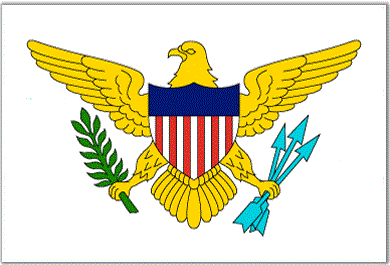|
N.B. The text “For Urgent Action” should be indicated at the beginning of the communication in order to facilitate
its urgent transmission to the respec- tive mandate(s).
b. The 1503 Procedure
Each year the United Nations receives thousands of communications alleging the existence of gross and systematic
violations of human rights and funda- mental freedoms. The Economic and Social Council consequently adopted a
procedure for dealing with such communications. This is known as the 1503 procedure pursuant to the adoption of the
resolution 1503 of 27 May 1970. It does not deal with individual cases but with situations affecting a large number
of people over a protracted period of time.
Procedure for communications
A five-member Working Group of the Sub-Commission on the Promotion and Protection of Human Rights (formerly
Sub-Commission on Prevention of Discrimination and Protection of Minorities) receives a monthly list of complaints
(“communications”) in conjunction with a summary of the evi- dence. The five-member Working Group meets for two
weeks each year im- mediately prior to the Sub-Commission’s annual session to consider all communications and
replies from Governments.
In instances where the Working Group identifies reasonable evidence of a consistent pattern of gross violations of
human rights, the matter is referred for examination by the Sub-Commission. A majority decision of the Working
Group’s members is needed for referring a communication to the Sub- Commission. The Sub-Commission then decides
whether the situations should be referred to the Commission on Human Rights, through the Com- mission’s Working
Group on Situations. Subsequently, the Commission assumes responsibility for making a decision concerning each
particular situa- tion brought to its attention.
All the initial steps of the process are confidential, except the names of coun- tries which have been under
examination. This ensures that a pattern of abuses in a particular country, if not resolved in the early stages of
the process, can be brought to the attention of the world community.
| 



